The land pulls you in before the town ever reveals itself. Highway 36 drifts east–west like a slow-moving river, its asphalt edges blurred by wheat that grows shoulder high and sings when the wind tumbles through it. One moment you’re alone with the horizon, and the next—blink—you’ve crossed an invisible threshold, and Cuba is spread out before you, modest as a handshake, stubborn as a prayer.
Population 140. Give or take a birth or two. The weather-curled sign says so with a wink, and you believe it, because Cuba doesn’t bother with exact numbers. She counts by memory, not census. The folks here tally stories, not surnames.
Cuba never bothered to shout its own name. It breathed, steady and slow, like wheat before the wind, satisfied to let the outside world thunder past on Highway 36. Then one October afternoon photographer Jim Richardson rolled in behind the wheel of a battered F-150, two 35mm camera bodies on the seat.
Richardson wasn’t chasing spectacle; he was courting hush. And hush obliged him. In the rusty glow of late fall he crouched down in the middle of a gravel road to catch Betty Klaumann leading a small flock of young geese across the street to a patch of grass where they could snack on grasshoppers. No headline could do that justice; only silver halide and prairie light could carry such truth.
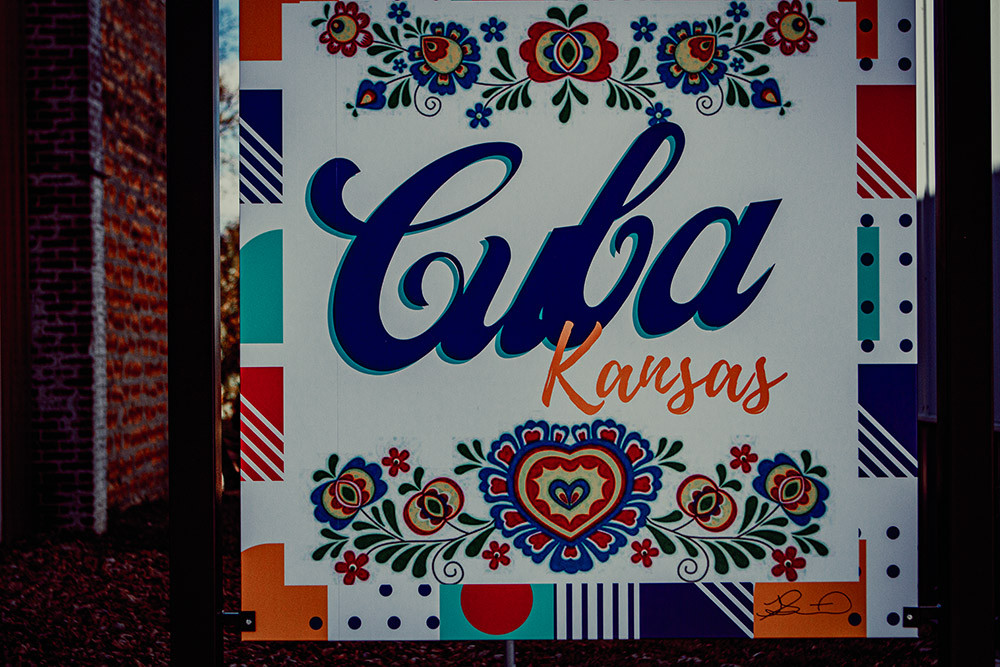
When National Geographic laid his photographs across slick pages, readers in Tokyo, Toronto, and Topeka paused mid-commute, arrested by scenes that felt older than asphalt. CBS lugged a crew out for weekend television, microphones fluttering like meadowlarks beneath the co-op’s corrugated roof. For three breathless weeks the town’s name rode the jet stream of American chatter.
Yet Cuba itself barely tilted. Richardson’s images were mirrors, not billboards. The morning after the magazine hit newsstands, Charlie Andrews still unlocked the door of his barbershop at 8 in the morning, same slow key turn, same creak of the ancient weathered front door. Wes Kilma still pumped gas at his corner station while his dog, Nixon, held court in the office. Kids still lugged trumpets down Main for band practice, boots scuffing dust no camera could romanticize into sepia.
The attention came and went like a hard Kansas thunderstorm—flash, rumble, hush. Folks here greeted it the way they greet rain: grateful, a little amused, then back to the hoe and the hymnbook. Because worth, they’d tell you, isn’t measured by the stranger’s applause. It’s measured in rows kept straight, promises kept quiet, and the soft, steady heartbeat of a place that knows who it is long after the photograph fades.
Morning arrives in three notes: the slap of a screen door, the click of a neon “OPEN” sign warming to life, the sizzle of bacon in a pan that has seen more sunrises than most local kids. The café, pours coffee that could blister paint and serves kolaches dusted with powdered sugar so fine it drifts away if you breathe on it.
The morning I arrived the café wasn’t officially opened, but you’d never know it by how easy the front door just swung open. The place was dark, or maybe it was just my eyes trying to adjust to the inside after having their fill of the bright Kansas morning sun. A group of all women sat around a massive wooden table that itself held more secrets than you could imagine. They were playing “Pitch,” a card game staple out this way, each carrying a name I can’t pronounce and a laugh that fills the room. They talk of everything and nothing at all. That’s the secret—small towns survive on the music of casual talk.
I asked if they were open. “Depends,” came the answer in a chorus. “What’cha looking for?” Just coffee. “Well, we can certainly do that.” Before I could manage the first gulp, I found myself invited to sit with them. They’d spotted Josie rolling up the street and well, that was about as much excitement as they’d had all morning. I was pummeled with questions and was happy to answer. And, yes, I’ll take a second cup…
Outside, Main Street is two blocks long if you’re generous, one if you’re rushing, which no one is. A pair of teenage boys on dirt bikes idle past the post office, wheels spitting dust, throttle notes bouncing off limestone. Across the street is the restored doctor’s building where Doc C.W. McClaskey—the only one in town—practiced for 50 years. The place had fallen to rack and ruin over the years but the town rallied and rebuilt it and turned it into a museum of sorts to chronicle the life and times of Cuba. The Czech flag still flutters from the pole. Red, white, blue. A little faded, a lot proud.
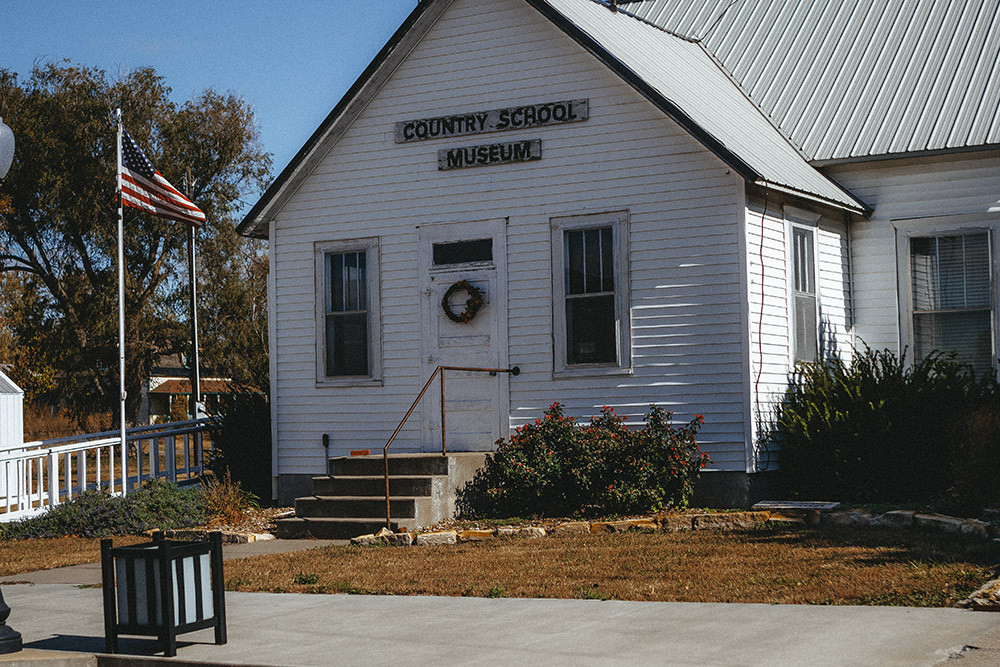
The Community Hall once shook with polka on Saturday nights, I’m told. The brass would start low and lonely, gather courage, then blow the roof right off. Folks came from eight counties, shoes slick with dance wax, ready to stomp their hearts back into rhythm. Those nights ended sometime in the late ’80s when the last accordion player moved north for factory work, but local legend says you can still hear a faint oom‑pah on humid evenings if you stand quiet beside the doorway. I tried. Heard nothing but wind and my own blood in my ears. Maybe I didn’t stand quiet long enough.
Midday lifts the sky to its bright zenith, and Cuba feels small yet limitless. There’s a prairie paradox at work: the more space you have, the more the tiniest details insist on being noticed. A white‑haired man angles his pickup just so next to a gas pump; he chats with the clerk about calves lost in last winter’s storm. A UPS driver scans a barcode, tosses a box onto the porch of a boarded‑up storefront, and drives off without killing the engine. Two minutes later woman ambles out, collects the package, and stands a full thirty seconds studying the label before disappearing behind a locked door again. Life here isn’t measured by transactions—it’s measured by pauses.
The grain elevator looms at the west edge, a concrete cathedral casting a shadow that creeps across the landscape by mid‑afternoon. There’s a baseball diamond where kids used to play Legion ball there. Now the backstop rusts and the dugouts sag like tired old men.
I climb the elevator stairs—201 of them, each metal rung a whispered threat of rust—and step onto the narrow catwalk. The view is prairie forever. Fields stitched brown and green, windbreak rows soldier‑straight, the bone-white ribbon of Highway 36 slipping off toward Missouri. On a clear morning, the locals say, you can see the curve of the earth. Today haze softens the edges, but the sense of vastness remains, and I understand why the old farmers pray not to a distant God but to the sky itself. It’s closer.
Afternoon slides into dusk with a shrug. Shadows stretch, colors turn the hue of low embers. The teenage boys on dirt bikes have traded their wheels for fishing rods and cast lines into a local pond that resembles a coffee stain on the prairie quilt.
I walk Main as darkness settles. The rhythm of my sneakers is the only percussion in the stillness. A dog barks, then thinks better of it. The streetlamp at the corner winks on—a lonely sentinel—and moths commence their mindless pilgrimage to the glow.
Halfway down the block, a storefront window holds a diorama of the town’s history: sepia photos, a rusted milk pail, a child’s leather glove cracked open like a fossilized handshake. I press a hand to the glass, feel its cool indifference. The display is curated by a group of volunteers. They meet now and then to dust artifacts and argue whether the Czech settlers first camped by the creek south of town or on the hill to the north. No consensus expected, nor needed.
Night lays its quilt across the prairie. Stars ignite one by one, then in reckless clusters. Cuba surrenders to the hush. Diesel trucks moan past on the highway; their red taillights drift away, tiny comets burning out. Somewhere a screen door slaps shut—final punctuation on the day.
I sit on the edge of the ballfield bleachers, notebook balanced on my knee, and listen to nothing. It’s a big, articulate nothing, full of withheld stories. Ghosts of laughter float above the infield dirt. A distant freight train murmurs, pulling the year’s harvest toward a city that will never know the hands that grew it.
If you’re looking for revelation, Cuba will oblige. She doesn’t court outsiders, doesn’t disguise her cracks, and will grin for the camera. And if you stay long enough—longer than a fuel stop, longer than a festival day—you’ll feel the heartbeat beneath the silence. You’ll understand that endurance can be gentle, that belonging can be as simple as waving at every windshield that passes and knowing most of them will wave back.
The wind rises, cresting the wheat like invisible surf. It carries voices, rumors, maybe even that lost accordion line. Tomorrow the sun will climb over the elevator, neon will spark alive, and the café grill will hiss again. And Cuba will do what Cuba does best: wake, work, wait.
There’s a lesson in Cuba's story. It's their enduring spirit. In a world obsessed with faster, newer, bigger, Cuba stands as a testament to the beauty found in constancy and the quiet grace of ordinary people living extraordinary lives.
Sometimes surviving is the most radical act of all.

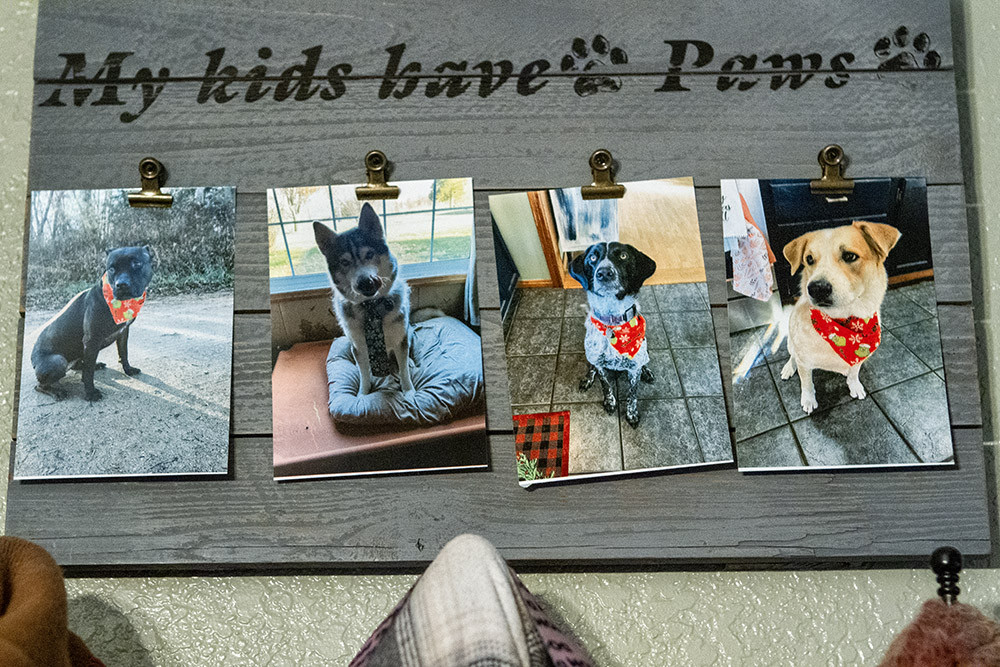
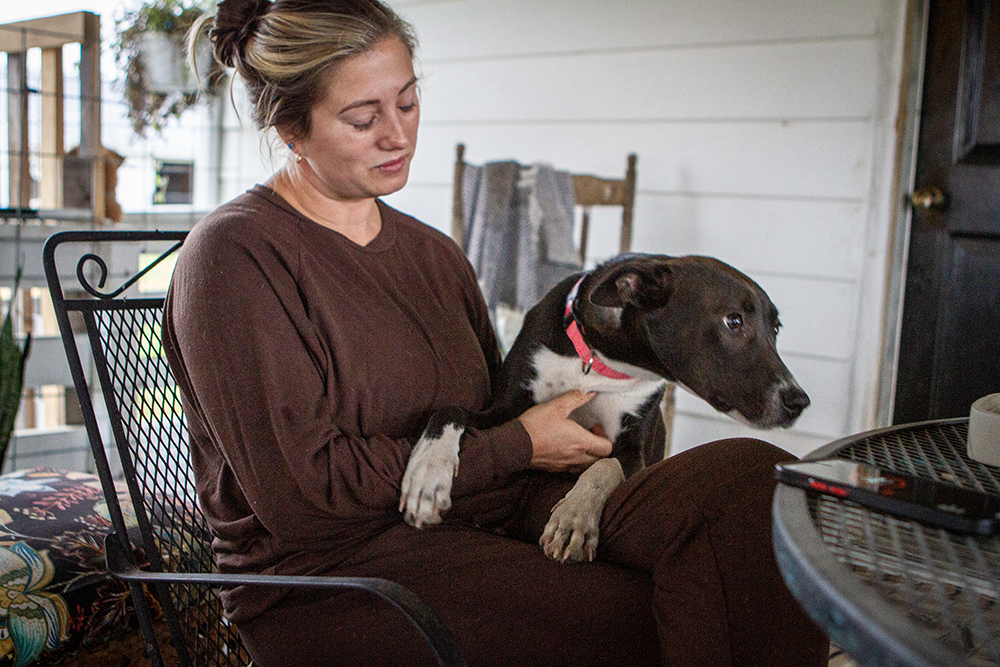
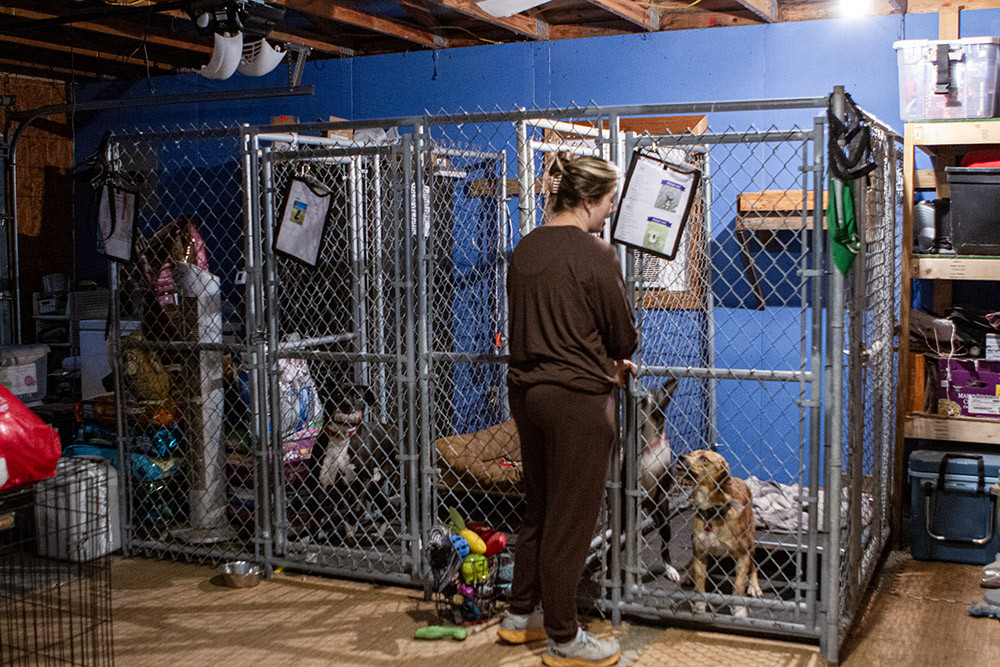

Again, a great story again... thanks for taking us along for the ride.
In tears my friend. I appreciate your gift with storytelling so much.
Wow. Thank you for all you do Cate, and thank you Brock and the Hope & Generosity Tour for bringing this to us. So very powerful.
What a story. The people you are finding have incredible stories and I know how appreciative they are of your generosity.
Fabulous visuals and insight.